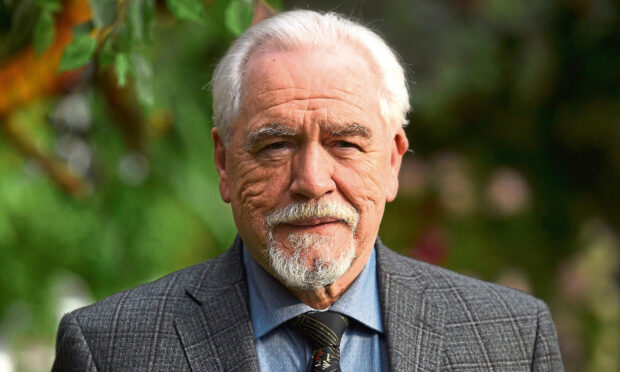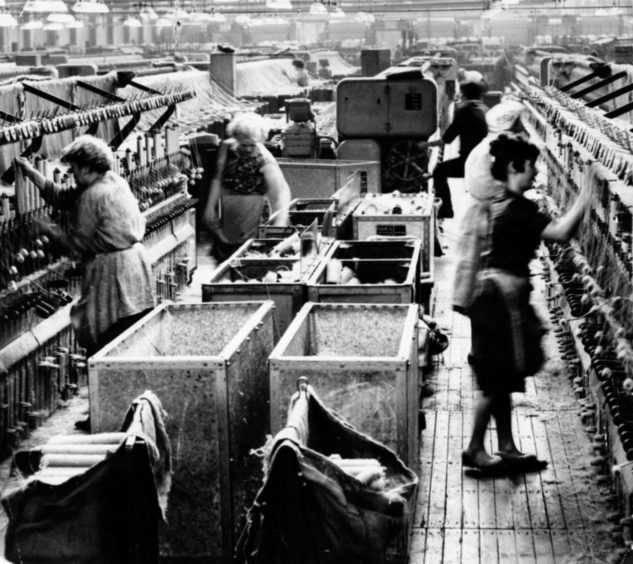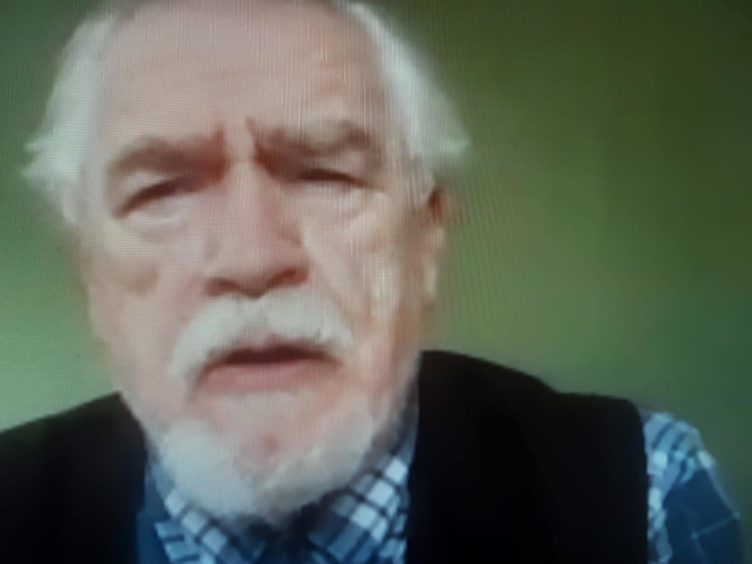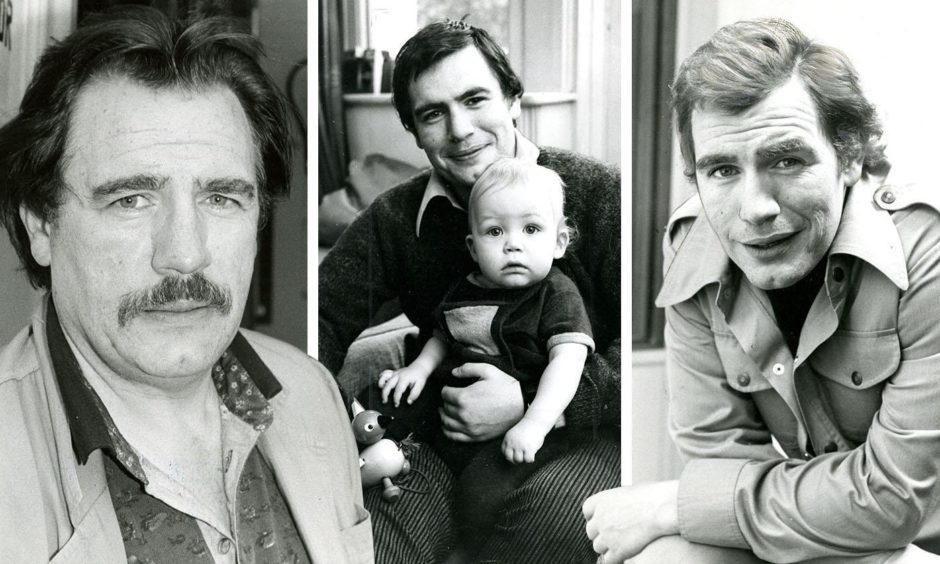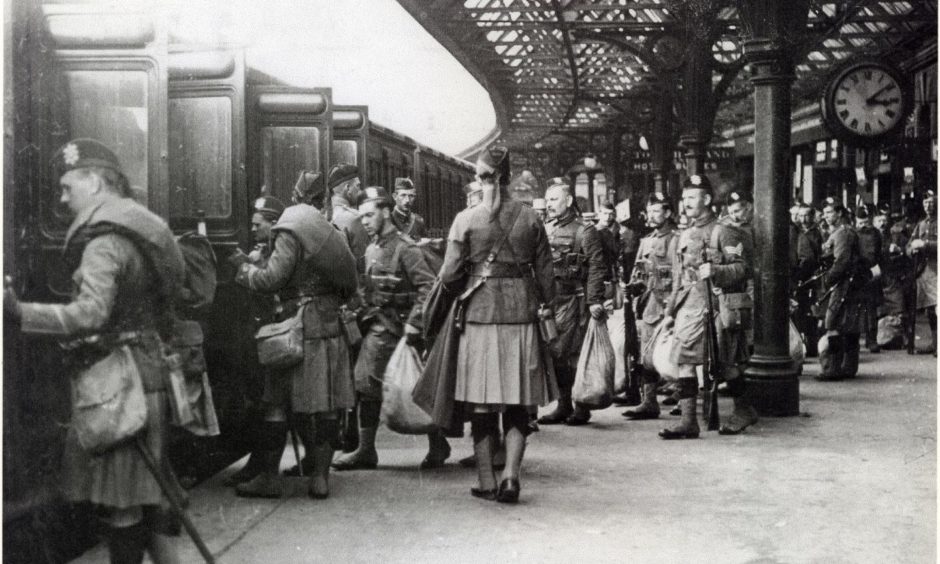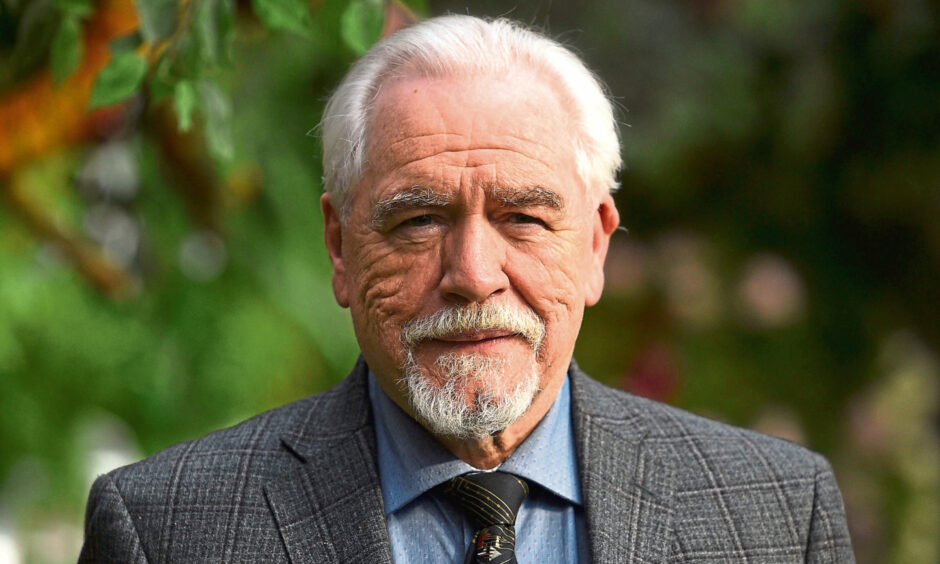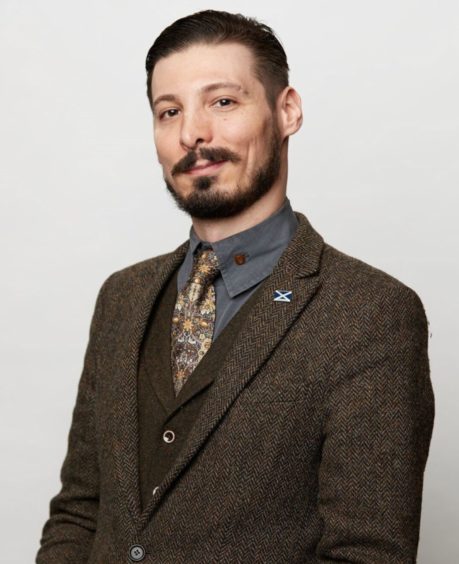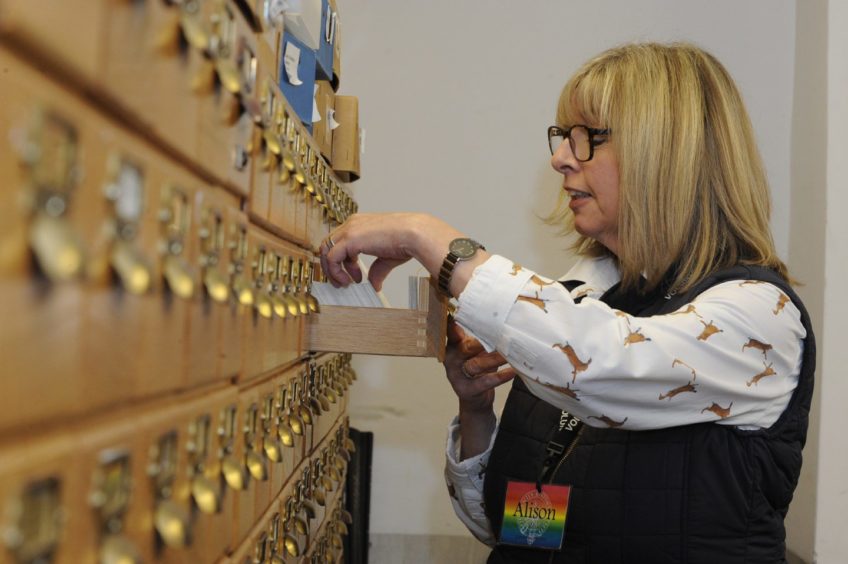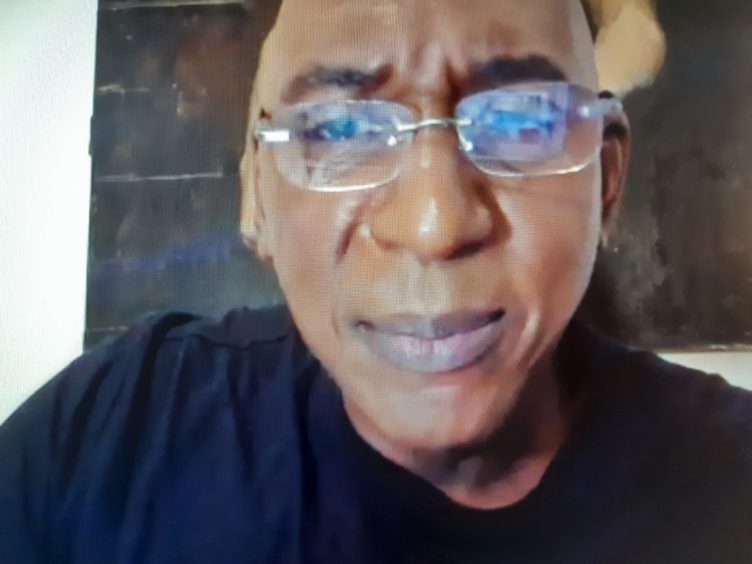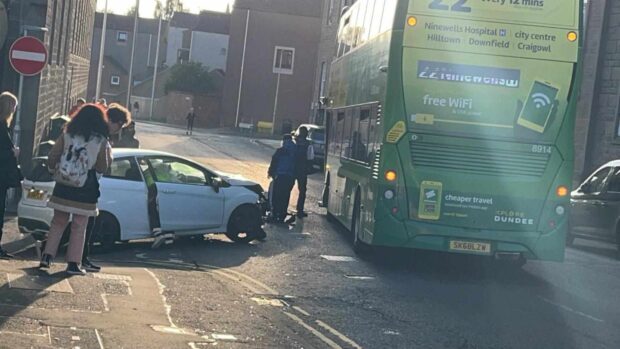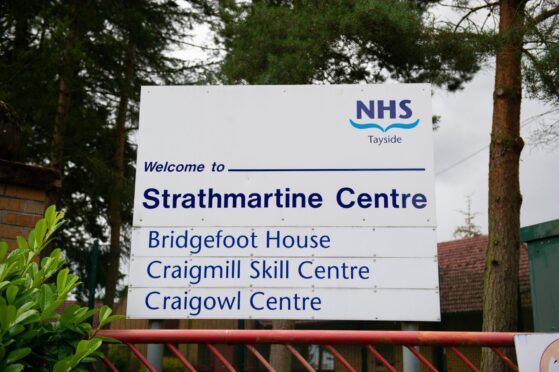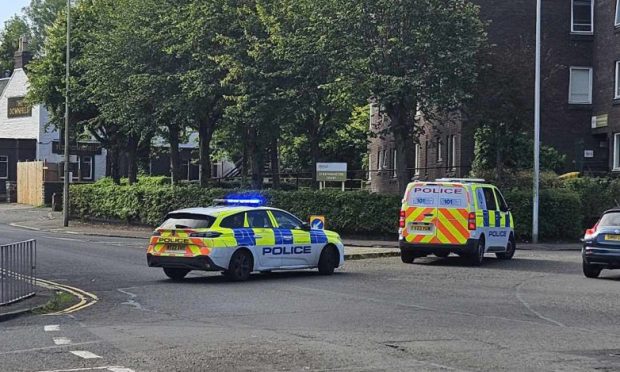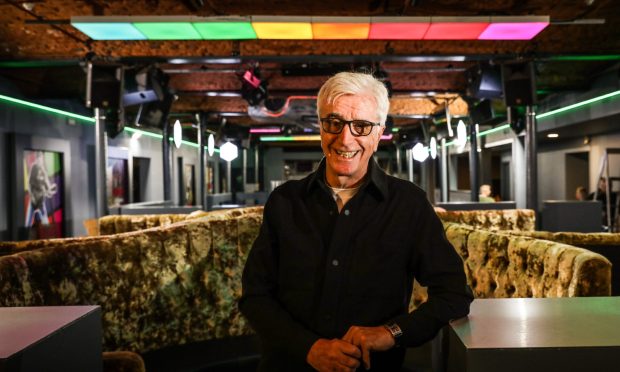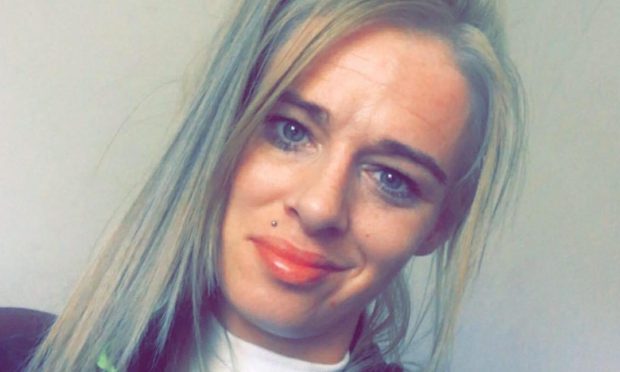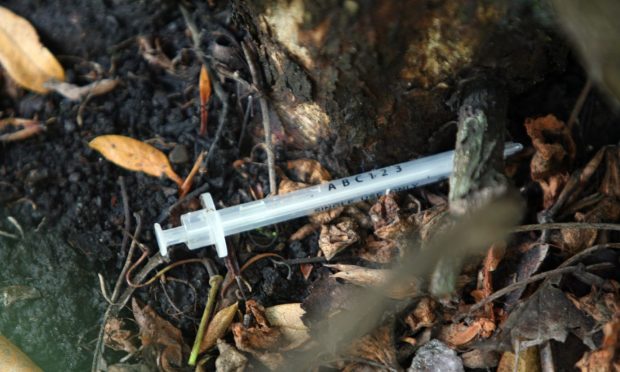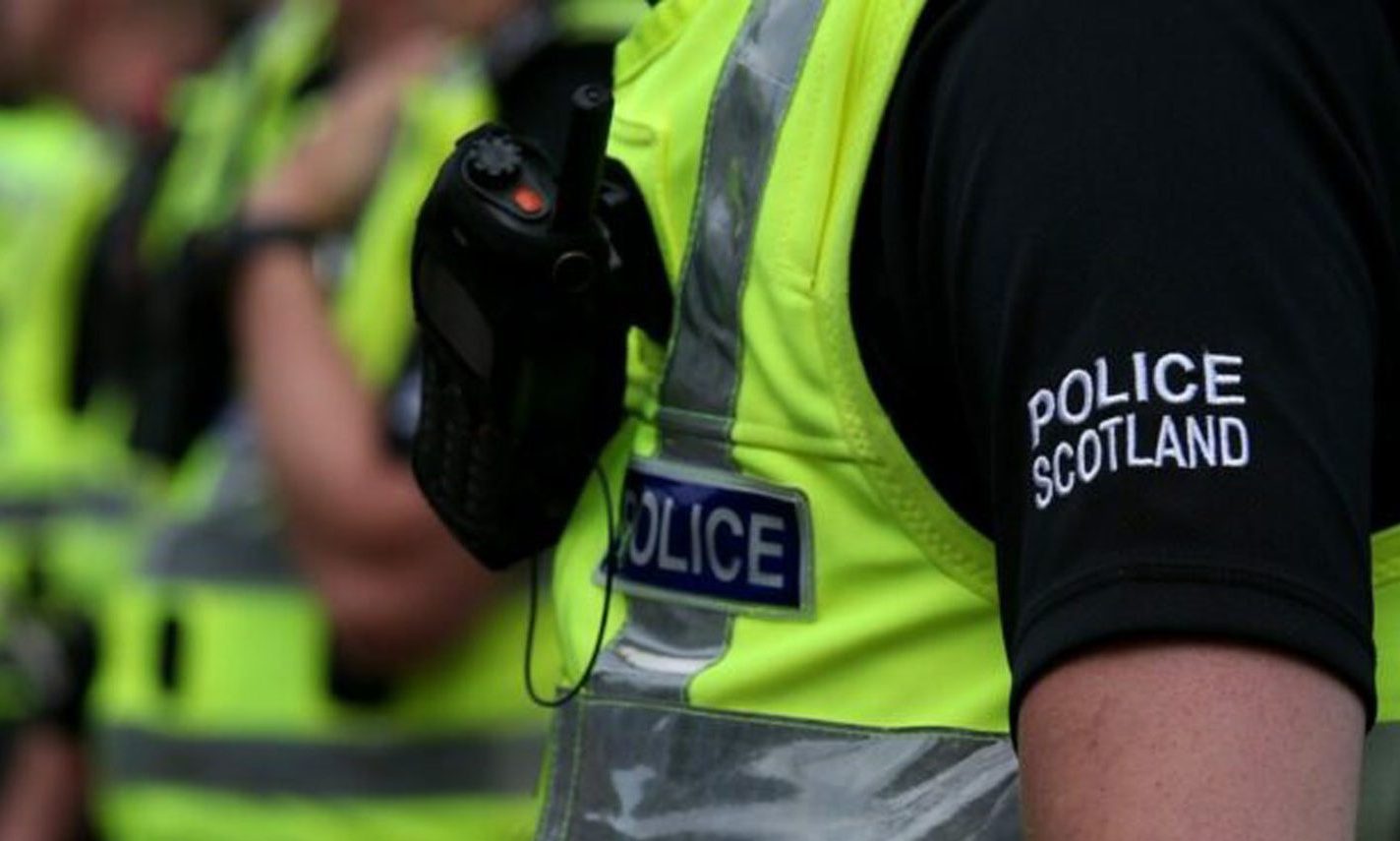Dundee-born actor Brian Cox has highlighted the importance of families knowing about their roots as he described the impact of the industrial revolution on men arriving in his home city during the 19th Century as often being “beyond imagination”.
Joining an online Findmypast event on Thursday night as guest speaker to mark the launch of the largest collection of Scottish family history records ever made available online, the Hollywood A-lister reflected on the “invidious position” many migrant ex-farmers found themselves in as they arrived in Dundee during the 19th century.
While the women often took up jobs in the jute mills, many men from farming backgrounds, unable to find work, turned to alcoholism.
The 75-year-old Succession star, who grew up in Lochee, said: “My own interest in my past really came from the fact I knew very little about my past.
“I do believe that it’s important to understand your roots, where your roots really are and how it serves you – not just in terms of your own history…I think a lot of it is to do with your DNA.
“For generations we carry memories of things that happened, and not particularly nice things.”
Cox family memoir
Mr Cox, who revealed he is in the process of writing a memoir about his family history, told how his great grandfather was an Irish canal worker who moved to Glasgow from Derry, Northern Ireland, at the time of the industrial revolution.
He and his wife, who was from Donegal, had eight children.
However, she died at the age of 36 having lost five of her eight children. Of the three who survived, the youngest son was Sam McCann, the middle son was Patrick and the oldest son was Mr Cox’ grandfather James McCann.
Mr Cox explained how when he made a programme a few years ago called From the Workhouse, he learned things he didn’t know such as the only way to get medical help in those days was by registering in the poor house.
He spoke of a relative dying of war wounds from the First World War aged 22, and of his great grandfather dying at the age of 53 in Gartcosh Asylum.
The records suggested his great grandfather had dementia and he died thinking he was a 14 year-old boy back in Derry.
Irish diaspora
Describing himself as an “Irish Scot as opposed to a Scots Irish” – a product of the Irish diaspora that moved to Scotland at the time of the industrial revolution – Mr Cox said this information had been “so important” to him piecing together the picture of who his family were and who he was.
However, he said it was also worth considering the impact of society’s sudden movement from an agrarian to an industrial culture almost overnight.
“Nobody had any warning this would happen very very quickly,” he said.
“For example the Cox strain of my family came from a small community outside Enniskillen. The families were decimated by the fact they couldn’t raise their crops anymore.
“The Dundee jute industry was looking only for women. If you could spin or weave you had a job. But the men, they became known as kettle bilers – early house husbands.”
Mr Cox said on the one hand it was “wonderful” the culture that grew up around female jute workers in Dundee.
But on the other, what it often did to the men – former farmers who could no longer farm – thrown into this industrial environment where they had no work, was “beyond imagination”.
He said it put many men in an “invidious position” and many turned to alcoholism as new pubs were established.
“It was like a total kind of social engineering nightmare what was happening,” added Mr Cox.
“I think for me that informs me who I am and where I come from and how in a way it’s the sort of spur I’ve adjusted my life to accordingly.”
Findmypast records launch
Mr Cox gave the insight into his own background and the wider social history of the time as he helped launch the vast new online collection of Old Parish Records that have been published by leading UK family history website Findmypast in collaboration with local archives and organisations across Scotland.
Dating back to 1561 and spanning 450 years of Scottish history, the new collection contains more than 10.7 million historical documents chronicling baptisms, marriages, burials and more.
The vast new online resource will allow family historians across the globe to uncover rare details of their ancestor’s lives and the stories behind major life events.
When combined with Findmypast’s existing collection of Scottish records and historical newspapers, the release firmly establishes the DC Thomson owned company as the home of the largest collection of Scottish family history records available anywhere online, enabling users to explore their Scottish family tree in greater depth and detail than ever before.
Myko Clelland, Regional Licensing & Outreach Manager at Findmypast, explained that this groundbreaking new resource is the result of Findmypast’s close collaboration with local family history societies, archives and volunteers from across the country.
It brings together a wide variety of important historical records, many of which were previously inaccessible to public and are now fully searchable in new ways for the first time.
The collaborative project saw Findmypast work with volunteers from nine Scottish local and national family history societies, including The Scottish Genealogy Society; Fife Family History Society; The Highland Family History Society; Dumfries & Galloway Family History Society; Renfrewshire Family History Society; Lothians Family History Society; Lanarkshire Family History Society; Glasgow & West of Scotland Family History Society and West Lothian Family History Society.
As well as the records of thousands of ordinary people, some of Scotland’s most renowned sons and daughters can also be found within the collection, including fathers of nations, inventors and innovators, forgotten figures and much more.
Colin McFarlane (of Outlander, Batman Begins & The Dark Knight), also took part in the event as a guest speaker.
He revealed how he recently discovered through Findmypast he has links to a Scottish doctor in a Jamaican slave plantation and is keen to do more research to find out more.
He also talked about his charity Making History UK where “young voices of the present uncover stories from the past to inspire their futures”. It’s based on the premise that everybody has a story, and they are helping children discover theirs.
Thursday night’s launch event was attended by more than 200 invited invited guests, including many genealogy volunteers, from across the UK and the world.
